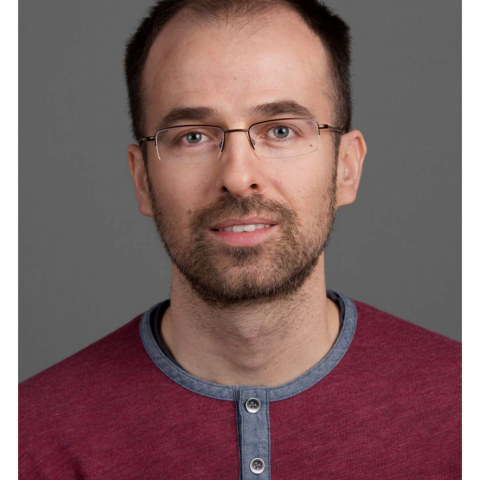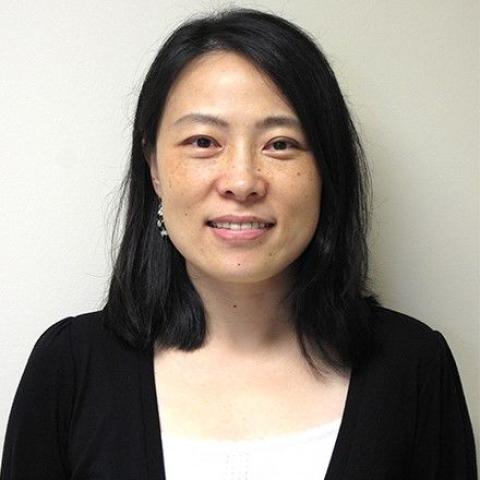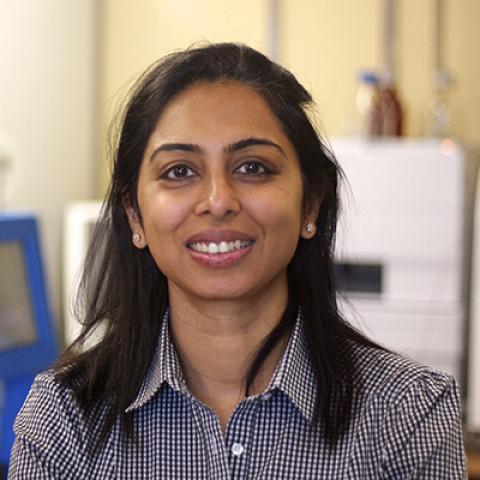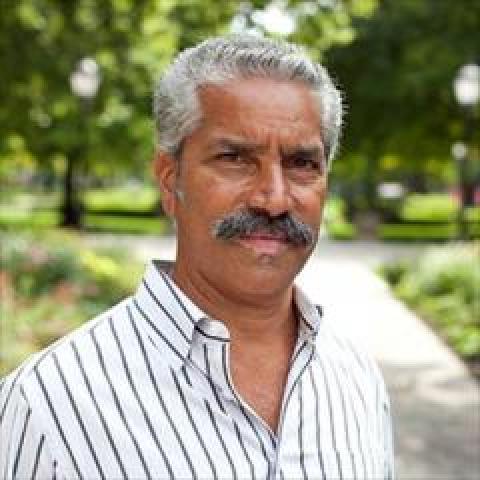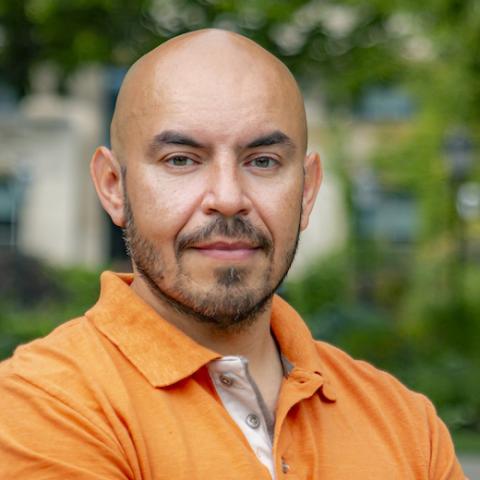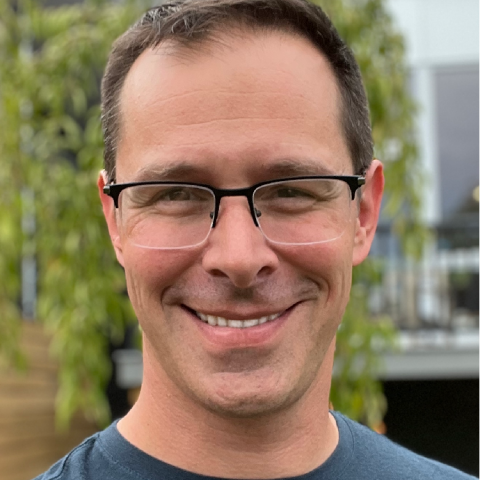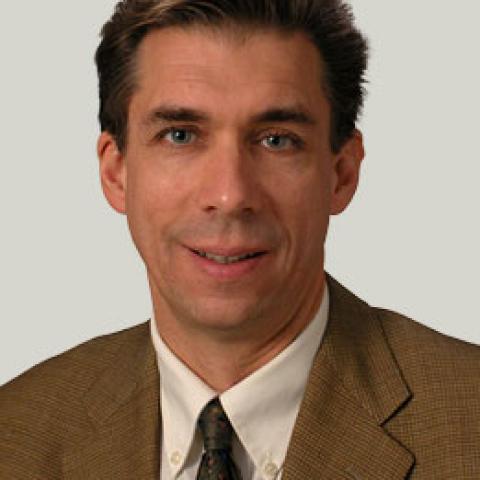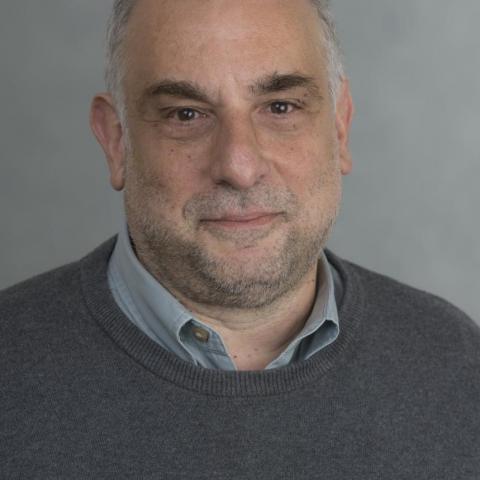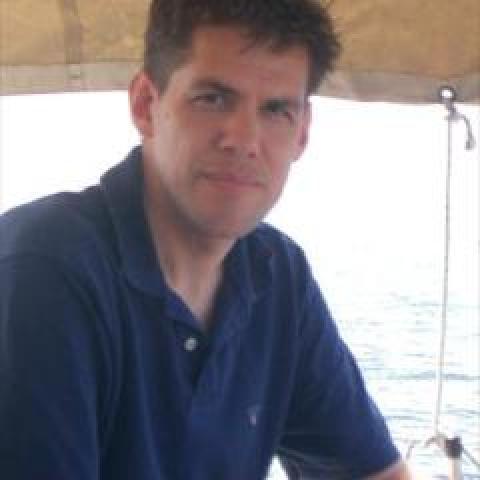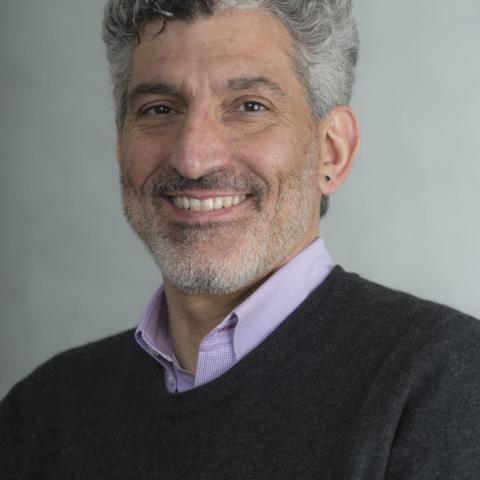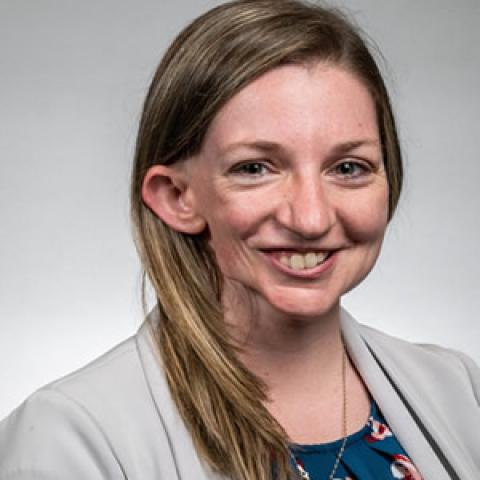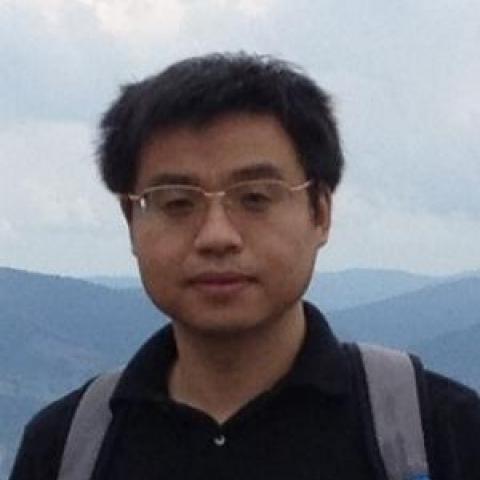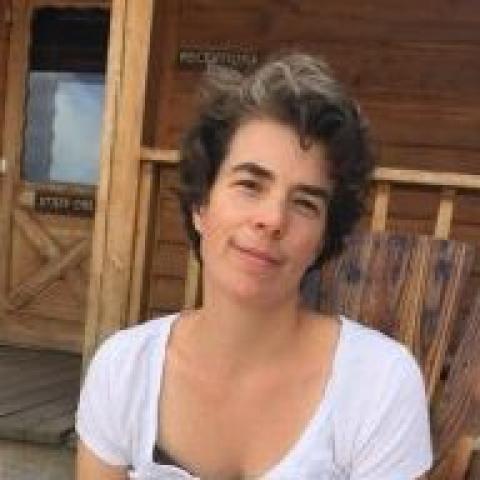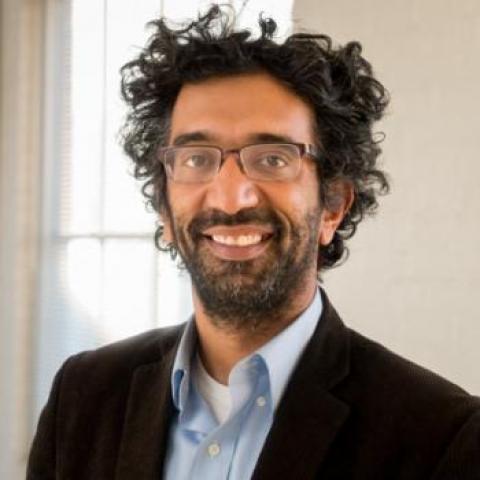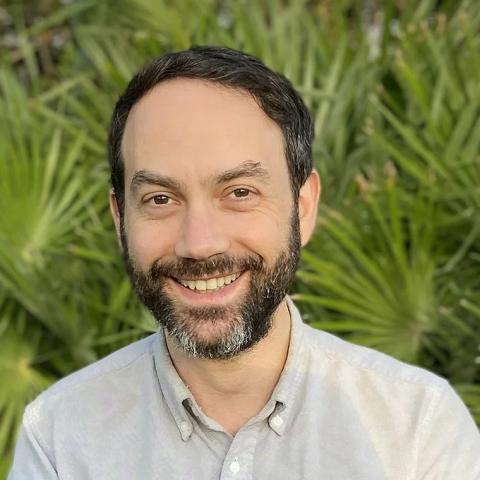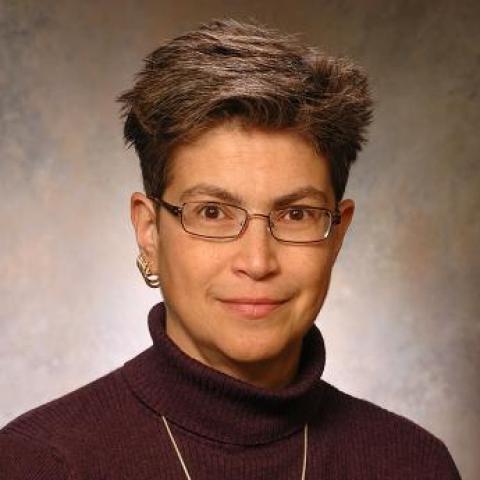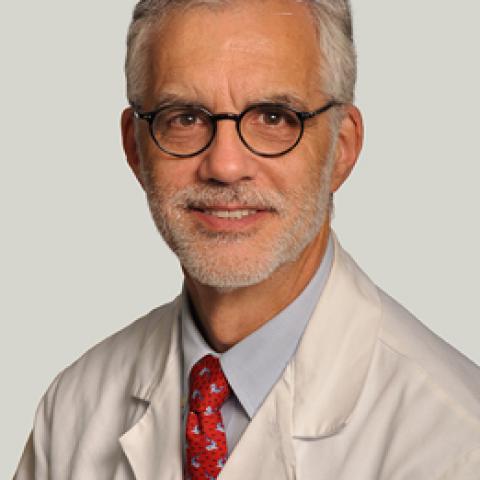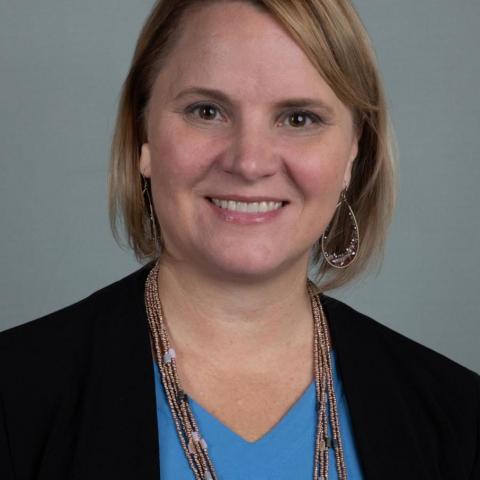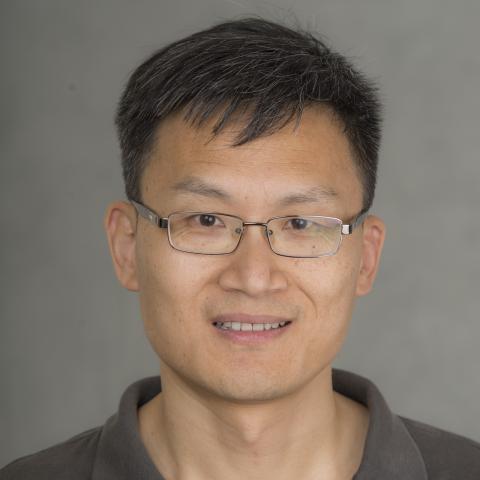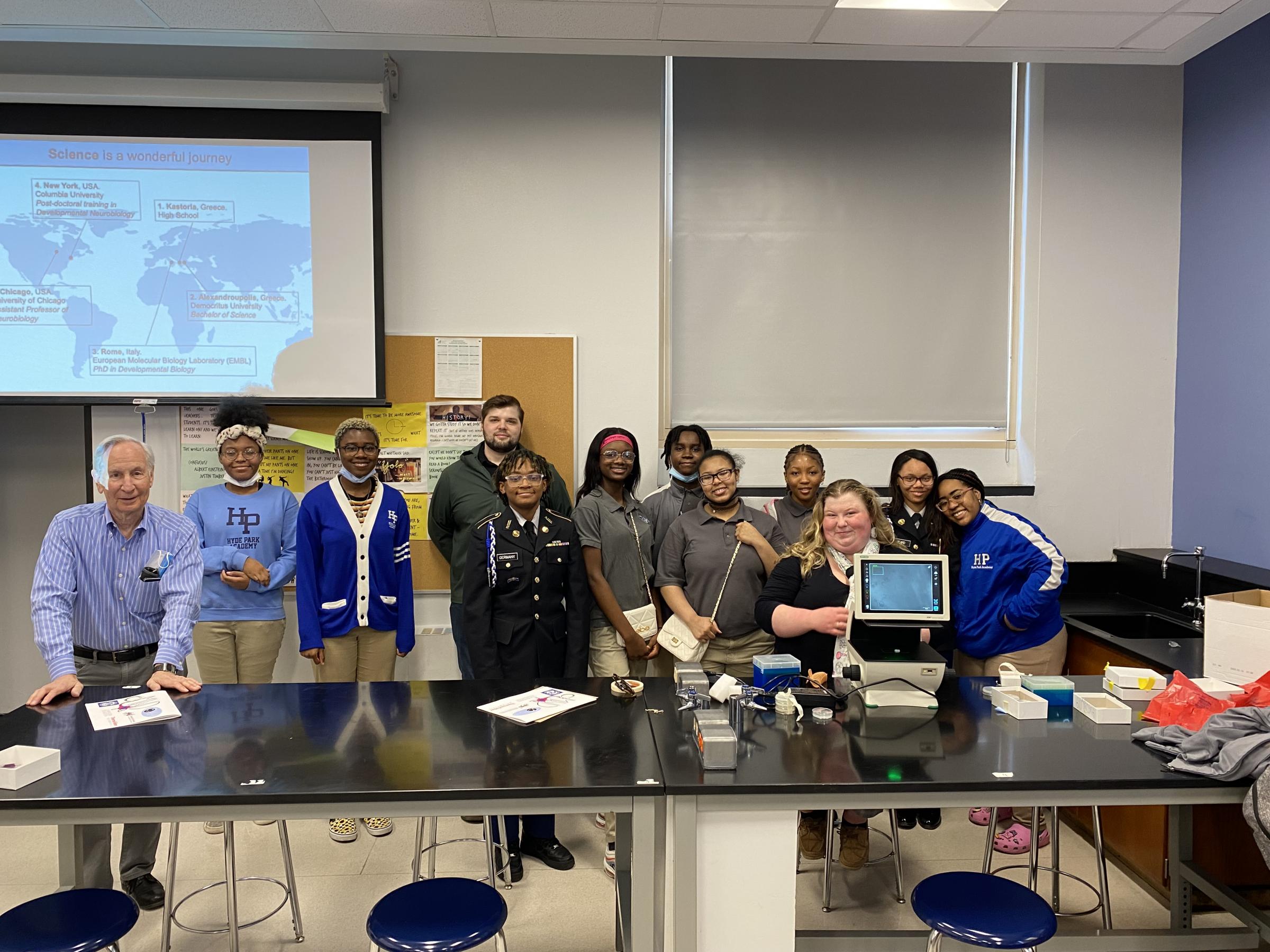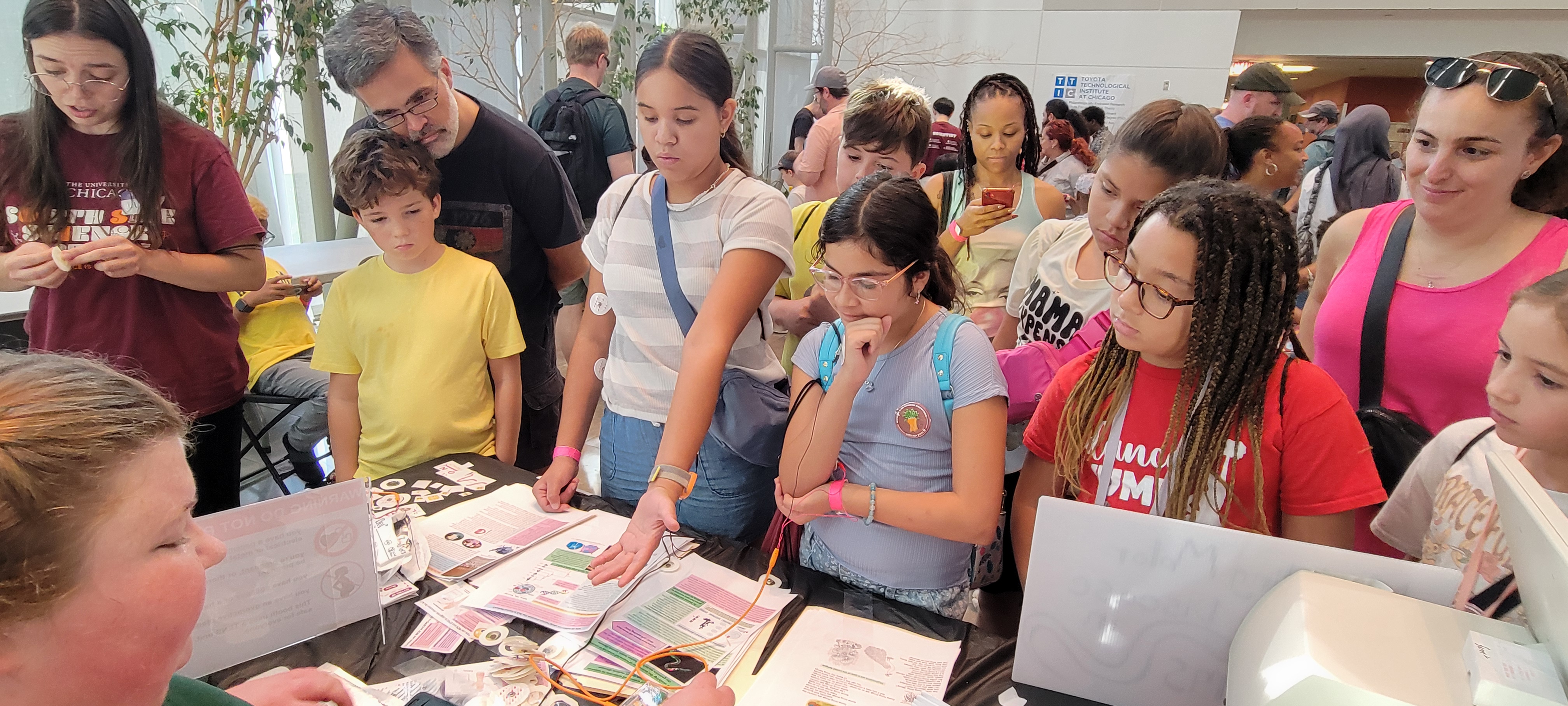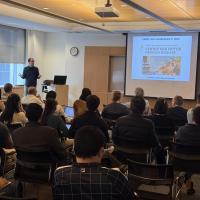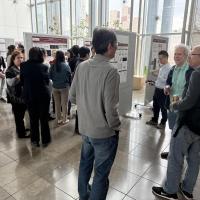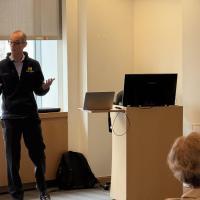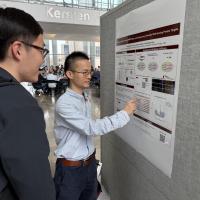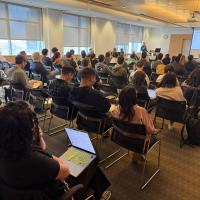
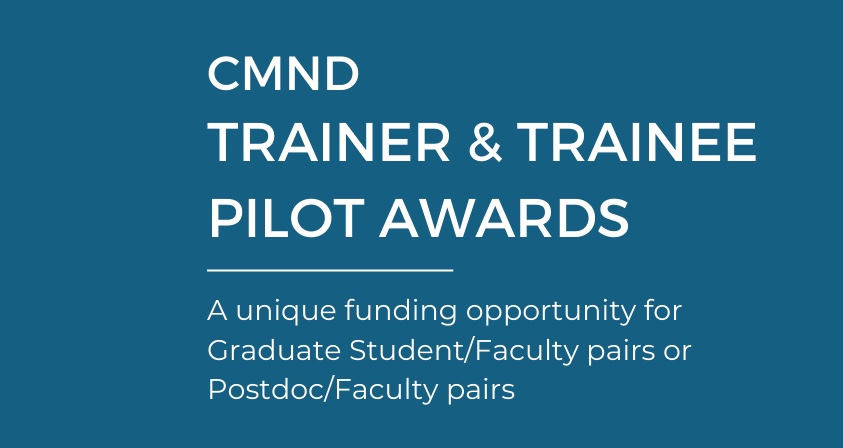
Call for Proposals: 2025 CMND Trainer & Trainee Pilot Awards
CMND has openings for seed funds and pilot awards to support the generation of exploratory data in neuronal development and/or neurodegeneration, with an emphasis on motor neurons. The award will provide $50,000 per year to the PI’s lab with the option for an additional year of funding based on performance.
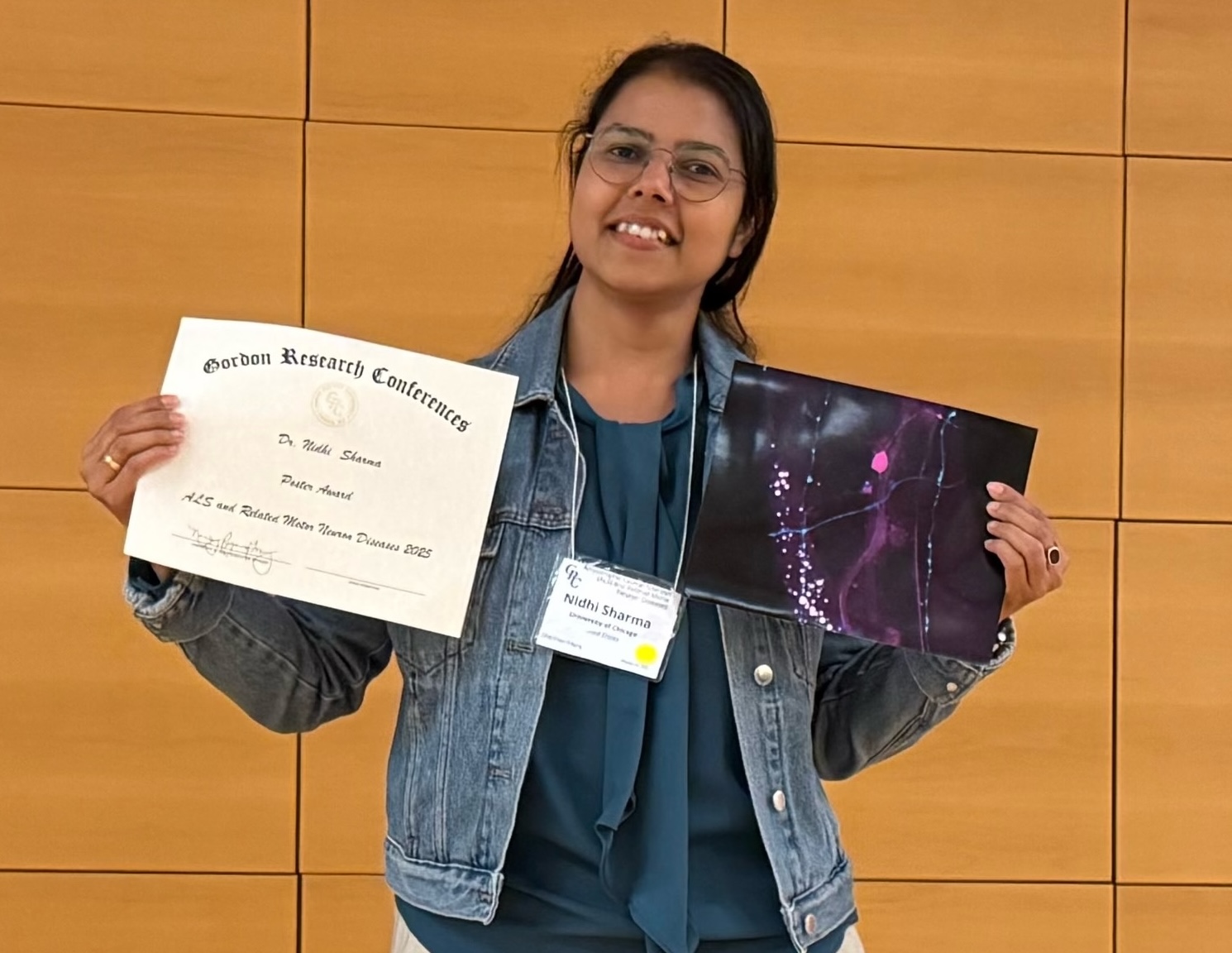
BEST POSTER AWARD
Congratulations to our postdoctoral scholar Nidhi Sharma (Kratsios Lab) for receiving the Best Poster Award at the 2025 Gordon Research Conference on Amyotrophic Lateral Sclerosis (ALS) and Related Motor Neuron Diseases!
The 3rd Annual CMND Symposium was an outstanding success, bringing together a diverse group of researchers and trainees in the field of cellular and molecular neurodegeneration. The event featured an array of thought-provoking keynote speech, engaging talks, and posters from CMND-awarded faculty and trainees.
Attendees were able to engage in meaningful conversations and discussions with colleagues, learn about the latest research findings, and establish new collaborations.
The Center for Motor Neuron Disease (CMND) was established thanks to a generous donation from the Lohengrin Foundation. The mission of CMND is threefold. First, we seek to generate new knowledge and advance our understanding of ALS and other neurodegenerative diseases. Second, we firmly believe that biomedical breakthroughs are fueled by unique collaborations that bring together scientists with diverse expertise. Third, and most importantly, CMND aims to train the next generation of scientists and also expose high school students in the South Side of Chicago to the scientific method.
- Every academic year, CMND will host and fund a lecture on the subject of ALS and Neurodegenerative Diseases by leaders in the field. We will invite researchers at various stages of their careers (Assistant, Associate, or Full Professors) and make every effort to maintain gender balance and representation from traditionally underrepresented groups in science.
- Host and fund a one-day symposium on Neurodegeneration at the University of Chicago by inviting speakers from the University of Chicago as well as other universities.
- Postdoctoral Fellowships provide specialized rigorous training to talented individuals following their PhD graduate studies or medical training. The Fellowships will involve original independent research that has its goal the development of future leaders in ALS.
-
Postdoctoral fellows, especially international ones, lack a track record of accomplishments to make them competitive in funding. Therefore, CMND support is very necessary during this pivotal stage in their development. These Fellowships are a key part of the Center and are instrumental in training the next generation of investigators, something that is critical for progress in medicine and science.
4. Outreach activities at public high schools in the South Side of Chicago: Research shows that exposure to science has a bigger effect on choosing STEM majors in college than academic success in STEM subjects. We will specifically target public high schools in partnership with Shaz Rasul, the Executive Director of the Office of Civic Engagement’s Neighborhood Schools Program (U Chicago) that builds and maintains strong relationships with local schools.
By fostering unique collaborations that bring together experts from different scientific fields, CMND aims to advance our understanding of motor neuron disease.
At CMND, our mission is to advance discovery and bring hope to those affected by motor neuron diseases. We champion scientific excellence and collaboration, while promoting education and training from high school to postdoctoral—empowering learners and driving innovation in research and patient care.
